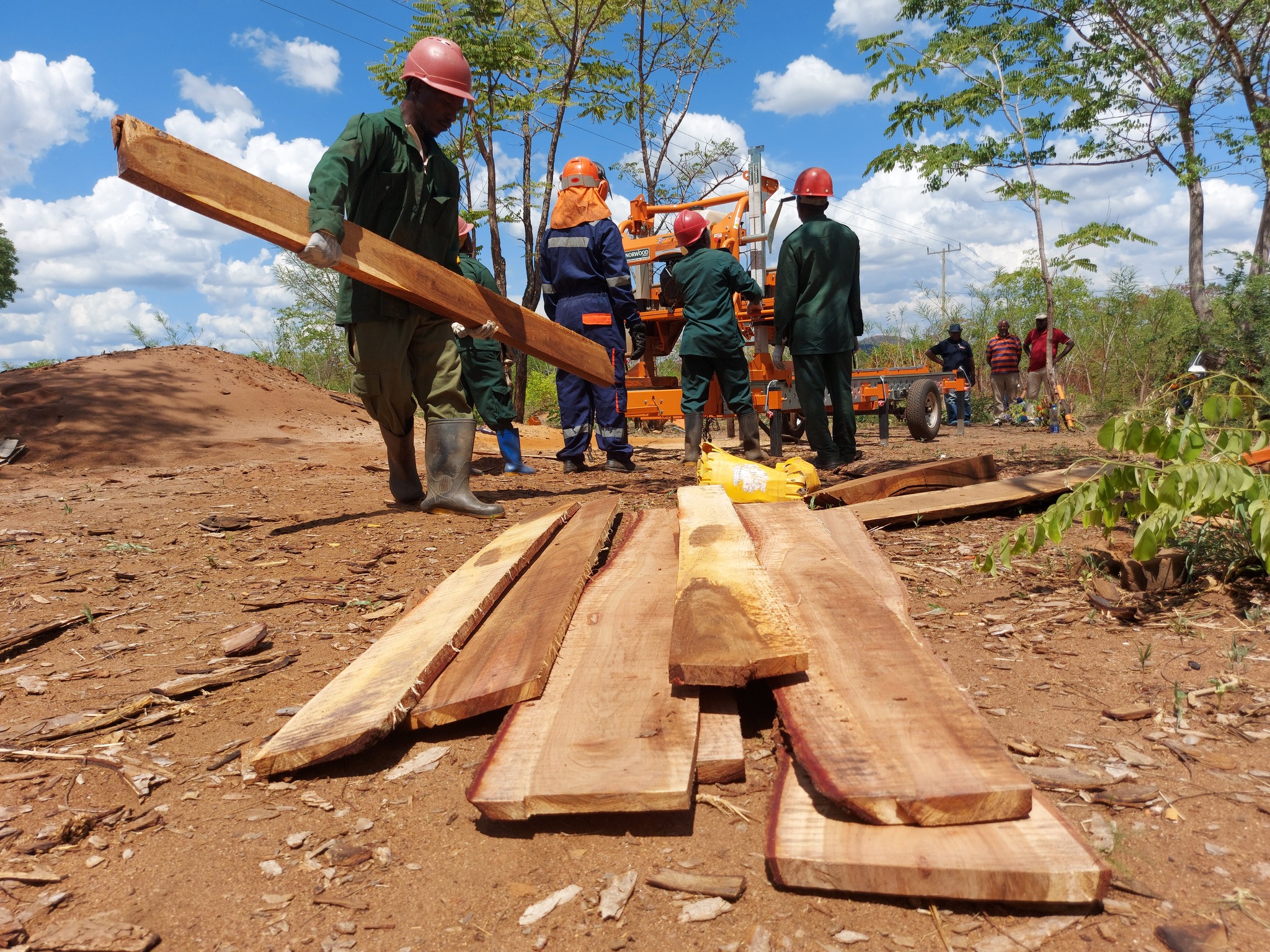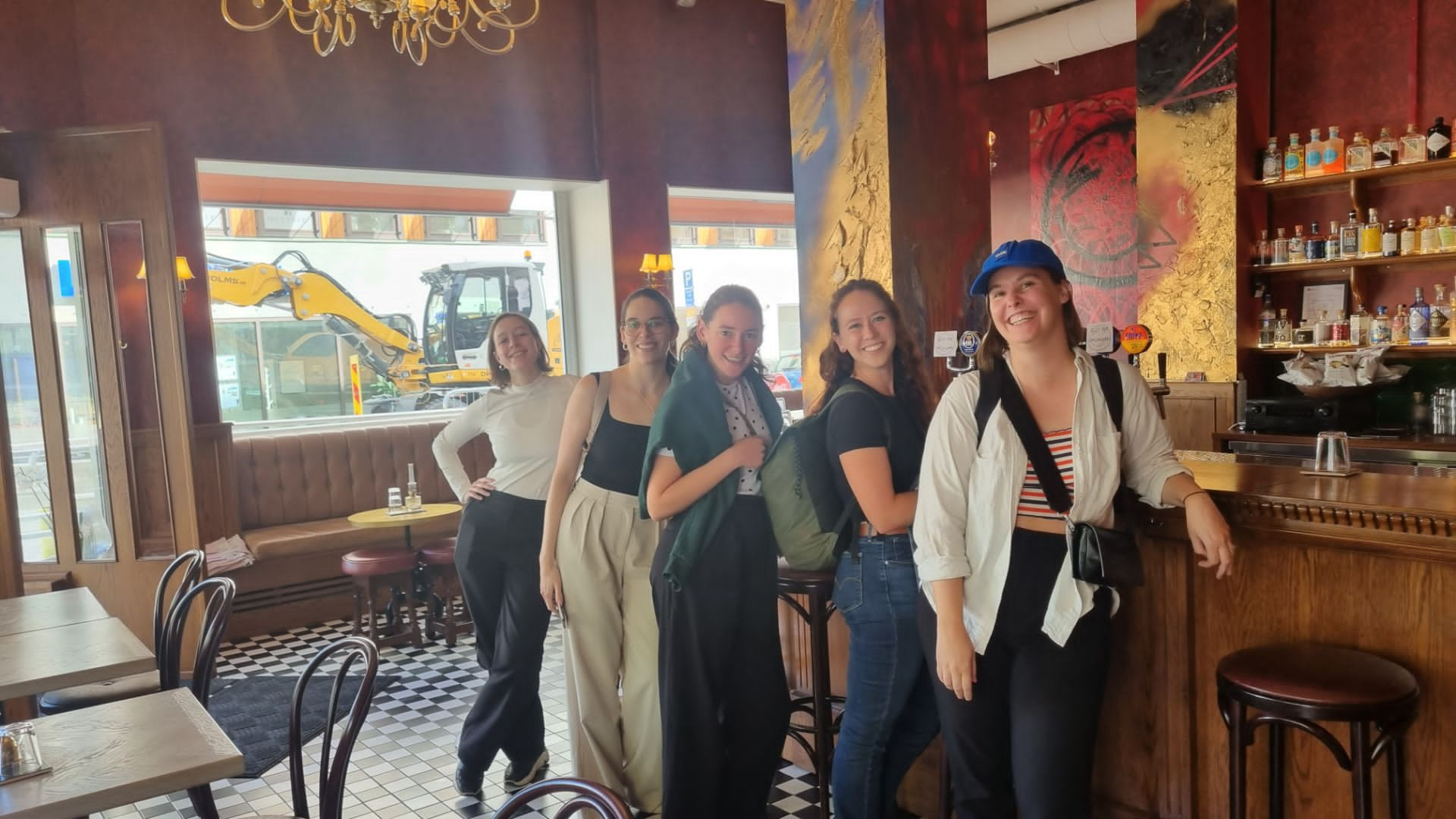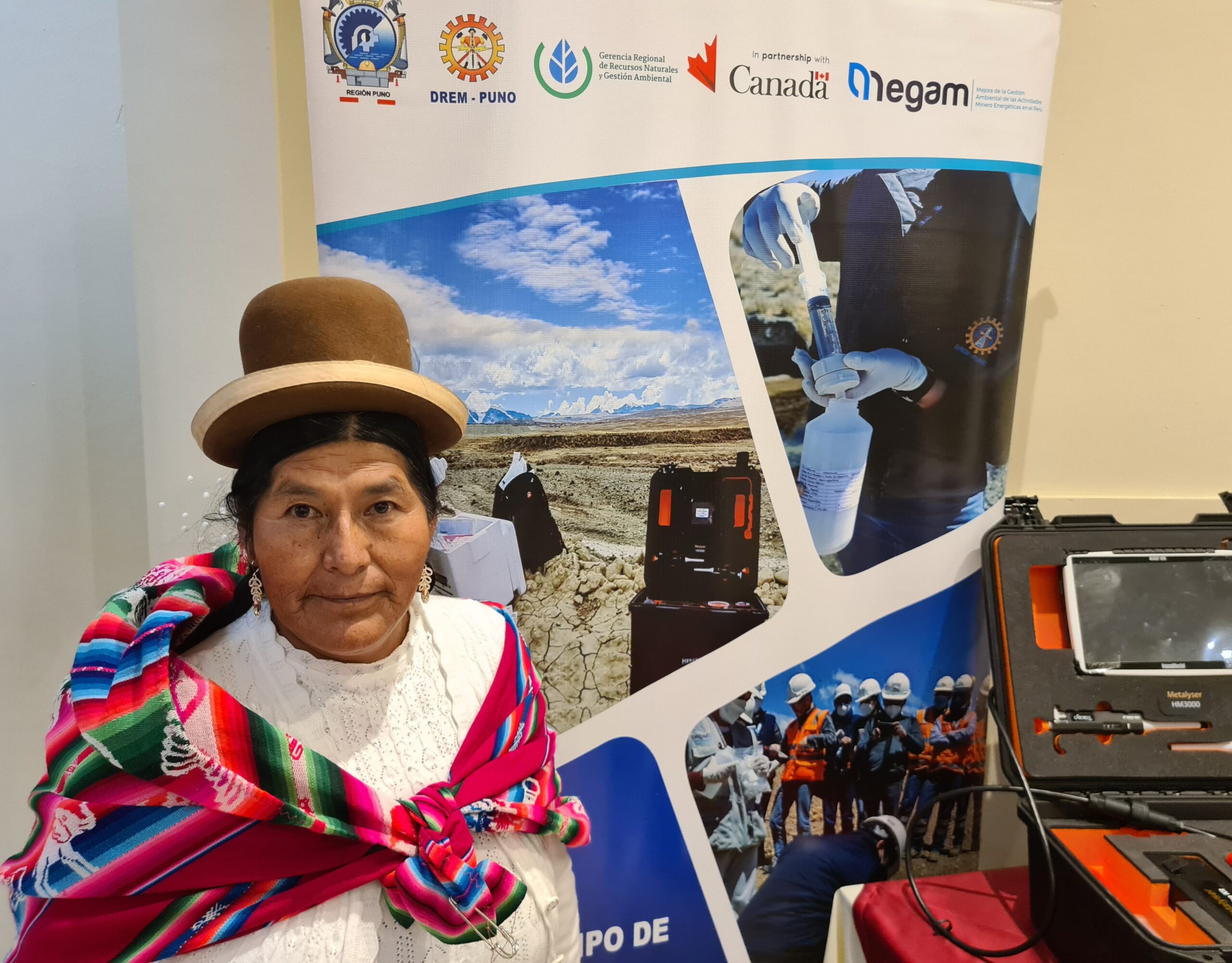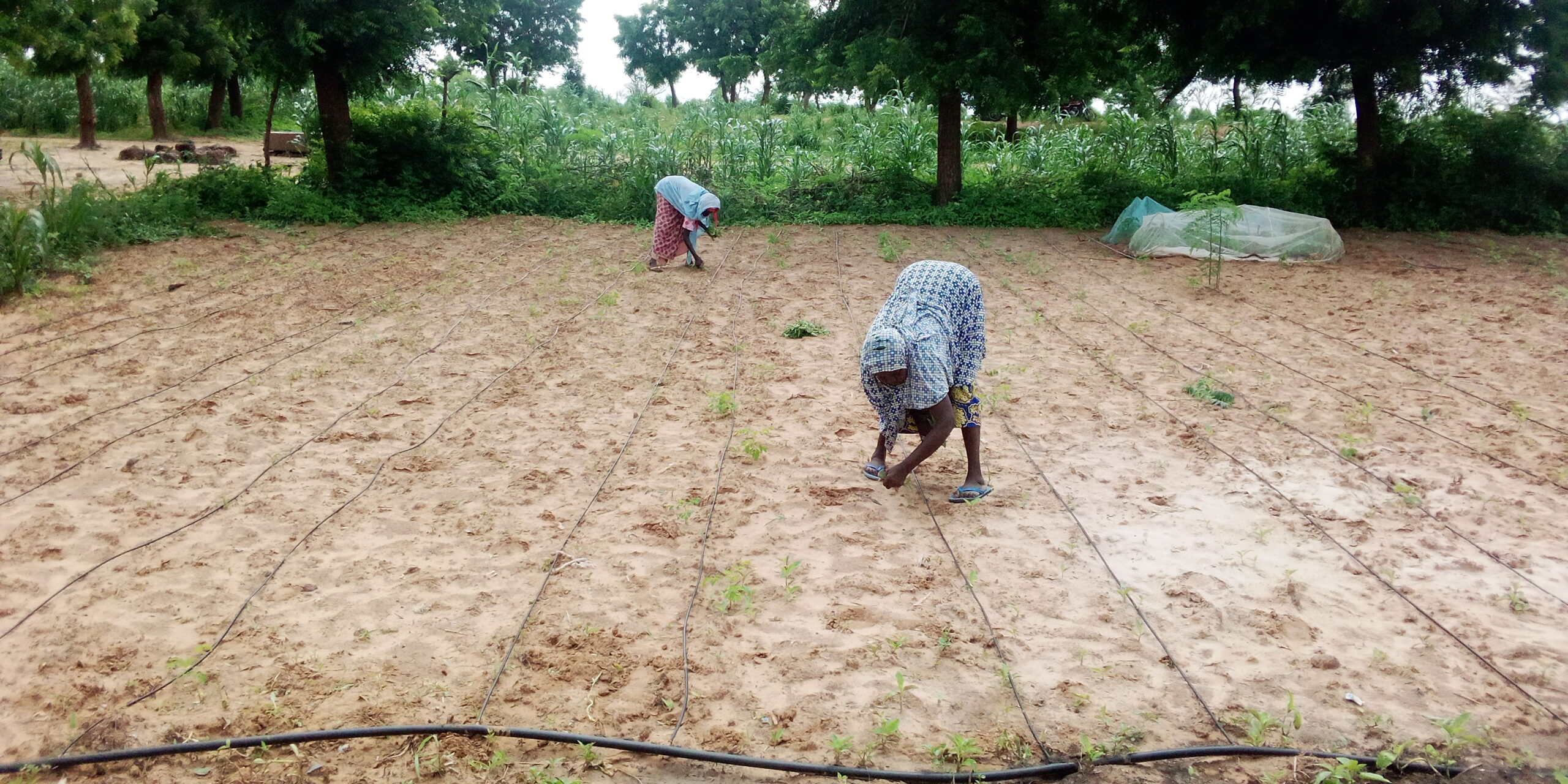
Planting the seeds of resilience across Africa’s drylands
Mark Redwood, Executive Director, SPARC and Laure Tankpinou, Project Director
The drylands of Africa are experiencing a series of compounded development challenges, including high levels of poverty, precarious livelihoods, protracted conflicts, environmental stress and weak governance. Moreover, the increasing chances of drought and desertification associated with climate change are adding additional stress on rangelands and forests in regions such as the Sahel. Despite these challenges, the drylands are an important ecosystem for millions of pastoralists and agro-pastoralists. Recent initiatives, such as the Rangeland Atlas, published by Cowater International’s partner ILRI, note the value of rangelands and the importance of livelihood activities, such as pastoralism, as a way out of poverty in water stressed lands.
In recognition of the World Day to Combat Desertification and Drought, marked on June 17th, Cowater International is highlighting its global footprint in building more resilient and sustainable livelihoods in Africa’s drylands.
In Niger, one of the driest countries in the Sahel, 80 percent of livelihoods are dependent on agriculture and livestock. People rely exclusively on an unpredictable 3-month long rainy season, which exposes water resources and grazing land to overexploitation. Frequent droughts and floods decimate crops and productive assets, further deepening economic vulnerabilities.
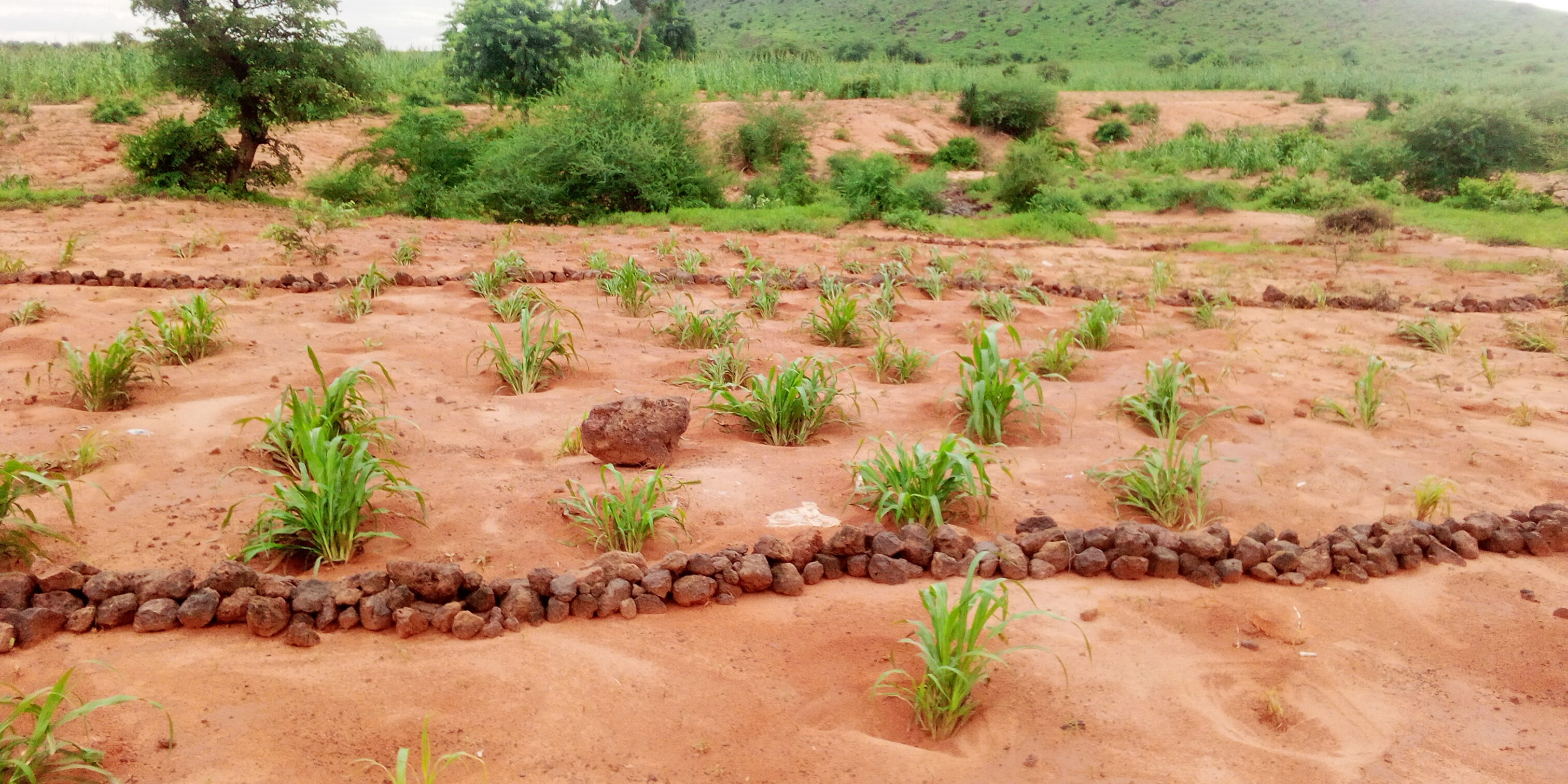
Protective dike in Niger supported by Cowater International
With support from the Millennium Challenge Corporation (MCC), Cowater International is building the capacity of more than 4000 producers to increase their productivity through climate smart agricultural practices, soil restoration techniques, adoption of new, low-cost climate smart technology, better planning and improved market linkages. As a result of these interventions, revenues per hectare have increased on average by 25-50 percent for cereals and tomatoes.
In Burkina Faso, Cowater International has engaged communities in an integrated way by supporting access to water and sanitation, while advancing solutions to boost climate-smart farming techniques. We’ve engaged producers and women’s groups to support small scale vegetable gardening and livestock production, improve water supply and sanitation coverage for over 60,000 people through the construction of a water treatment plant and promotion of hygiene activities, and strengthened local governance to support women’s participation in decision-making and economic development.
Regionally, The Supporting Pastoralism and Agriculture in Recurrent and Protracted Crises (SPARC) programme, funded by the UK Foreign, Commonwealth and Development Office, is researching innovative ways to address the challenges faced by people in Africa’s drylands. A landscape study conducted under SPARC identified 36 innovations that are helping dryland communities be more resilient. These innovations range from simple agricultural technologies, such as index-based livestock insurance, to digital solutions that provide better climate information and market data. We were delighted to present our work at the recent Global Landscape Forum where more than 9000 participants assessed key strategies to increase the value and potential of the rangelands through effective management, conservation and valuing of resources.
One example of a successful innovation is the AfriScout App that provides pastoralists with current information on water and vegetation conditions using localized community grazing maps. The app allows pastoralists to make more accurate and cost-effective decisions around where to move animals, contributing to improved pasture management practices and reducing the risk of herd losses.
Digital solutions like AfriScout are central to helping pastoralists and agro-pastoralists make better decisions, but in the long-term the resilient and sustainable development of the drylands will require a focus on two major areas.
First, rangelands should be valued as a critical economic asset and managed accordingly. By having a better understanding of the economic value of rangelands – including the contribution made by pastoralism, agro-pastoralism, as well as their intrinsic ecological value – rangeland management can be improved. This often means supporting traditional techniques, such as herd splitting – the practice of dividing the livestock into separate herds depending on their age, sex, type and productivity. This practice is widespread in countries such as Kenya and Niger and has historically helped develop niche markets for different types of livestock and ruminants.
Second, there is a need to develop better models to scale innovation. Innovation is everywhere, but the kinds of partnerships required to bring good ideas to scale are rare. For one, the drylands are not easily accessible, and most donor funding, which can play a key role in de-risking private investments, is focused on “easier” areas for investment. With the advent of digital technology, remote observation and other tools, innovation can play a key role in improving livelihoods in the drylands of Africa. In the coming year, SPARC will be drilling down to assess how to build synergies and broker partnerships between public sector funding, innovators and “patient”, risk tolerant investments to bring innovation to scale. An initial focus of our research will target index-based livestock insurance, as well as digital apps to improve access to market information and rangeland management.
We invite you to engage with our work around supporting pastoralism and resilient livelihoods in Africa’s drylands by following us on Twitter @Cowater_Intl and @SPARC_Ideas.
Related Content
Tanzanian–Finnish collaboration supporting a ‘use it or lose it’ approach in Tanzanian Community Based Forest Management
The Governments of Tanzania and Finland have worked together in partnership for decades in the forestry sector in Tanzania. Since 2018, through the Forestry and Value Chains Development Programme (FORVAC), […]
The story of two interns: one year later and over 19,000 kilometers apart
Cover photo, from left to right, Cowater International former interns turned employees: Sofia, Samantha Julien (Sam), Aude, Elizabeth McGowan (Liz) and Astrid. Elizabeth McGowan (Liz) and Samantha Julien (Sam) both […]
Community, Capacity and Coordination: why environmental management matters for sustainable development in Peru
Author: Victor Neagu, Director of Communications and Marketing, Cowater International I recently travelled to Peru for a series of closing events linked to the MEGAM Project. MEGAM is the Spanish […]




